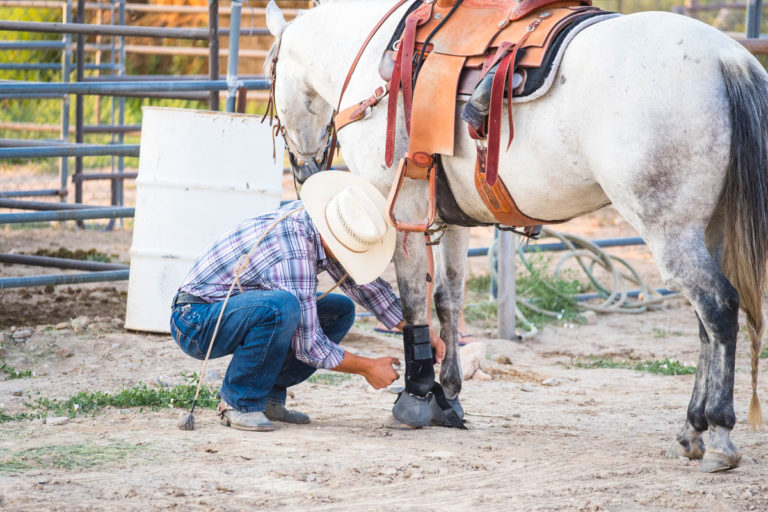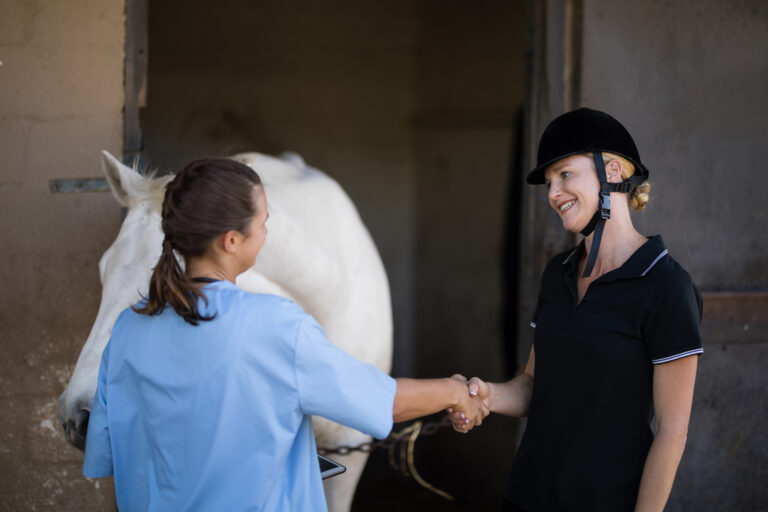
Think of a time you’ve done something in the clinic or out in field you truly looked forward to or became completely absorbed with. This is what using a strength—something you’re naturally good at and enjoy doing—feels like. And it can leave you more energized, confident, and satisfied at work.
At the 2024 Midwest Veterinary Conference, Phil Richmond, DVM, CAPP, CPHSA, CPPC, CCFP, the founder and CEO of Flourishing Phoenix Veterinary Consultants LLC, explained how veterinarians can identify and leverage not only their own strengths but also those of their colleagues. Richmond advocates and consults for positive culture and individual, team, and organizational psychological health, safety, and well-being in veterinary workplaces.
“When we can find the things we do well in the hospital or the profession, by the nature of them being strengths they come easier to us,” he said. “Knowing our ‘neurologic superpowers’ is a very helpful tool for us finding success in veterinary medicine.”
The Power of Positive Psychology
Richmond began with an overview of positive psychology and its relationship with character strengths.
“Positive psychology is not positive thinking or toxic positivity or the sun’s always out and everything’s great,” he noted. “It’s doing things intentionally to increase our well-being, such as leaning into our character strengths.”
For example, instead of always looking for the things that are going wrong in the clinic and trying to fix them, look at the things that are going well. “For us to thrive and flourish, we need to accentuate the positive,” he said.
Yes, he acknowledged, veterinary medicine is going to present stressful events, but “character strengths are going to help us lean into the things we do well. When we’re doing more of the things we do well, we increase our positive emotion.”
Richmond cited a study looking at the effects of positive emotion on a group of physicians’ clinical reasoning. When presented with a case study, the positive affect group was 20% faster and more accurate than the control group or the negative affect group.
“We know when we are stressed, cognitive ability goes down 40%,” he pointed out. “This is something that is impactful. Positive emotion allows the individual to choose more ways of thinking and responding than a mutual or sad state.”
Using Character Strengths to Your Advantage
Richmond encouraged veterinarians and support staff to learn what their colleagues do well and use that lens to change the perspective with which you view them. For example, take a few minutes to ask a colleague to share something you don’t know about them or something they’re really proud of.
He then likened a veterinary clinic to a sailboat: “Our focus is normally on what things are going wrong and how to fix it. If we think about the sailboat, and all we’re doing is sloshing water out of the bottom of the boat because we have a few small leaks, the boat’s not going to go anywhere. If we think about the things we do well as a team and a hospital as the wind in the sails and put more emphasis on that, it will be a more judicious and efficacious use of our time and energy than always focusing on what’s going wrong.”
Leaning into your team’s strengths can ultimately improve employee retention, job satisfaction, and engagement.
“Employees who have the opportunity to do what they do best are 57% less likely to experience burnout frequently,” Richmond explained. “Why? Because when people have the opportunity to tap into their strengths, they are more engaged, more effective, less stressed, and more focused on doing their best work rather than seeing their job as a burden.”
Developing and using one’s strengths can help combat the high rates of burnout we see in the equine veterinary field. “When we’re playing a role and not doing the things we’re good at, that becomes a drain and leads to burnout,” said Richmond. “When we’re doing things that fill our bucket, when our energy is renewed, it allows us to work harder and lean more into our strengths in a positive upward spiral.”
He described an exercise veterinarians can do to create positive emotion and identify strengths: Reflect on a time when you felt you were at your best, either at work or life in general. Then, ask yourself:
- What were you doing?
- Who were you with?
- What made this such a positive moment?
- What strengths were you utilizing?
Richmond said he thinks about the day he got into vet school and can experience the same emotions as he did in that moment.
“Think about those peak life moments that you’re proud to have done, and think about the things that make you you—those strengths you have and how you were able to lean into those to create that situation,” he said. “That’s one of the tools we can absolutely use.”
Take-Home Message
Developing and embracing your strengths can only do good for your well-being and performance—both in the clinic and in your daily life.
“Studies have found that people who regularly use their strengths experience more confidence and less stress, enjoy more energy and are happier, and are more creative, engaged and satisfied at work,” said Richmond. “Teams where most people have a chance to do what they do best each day are more productive.”
So know what your character strengths are, learn how to show and grow them in the workplace, and identify, celebrate, and savor the strengths of others.
Related Reading
- How Perfectionism Saps Our Strength
- Coping Strategies for Managing On-Call Stress in Equine Practice
- Building Confidence in Equine Practice
Brought to you by CareCredit.








